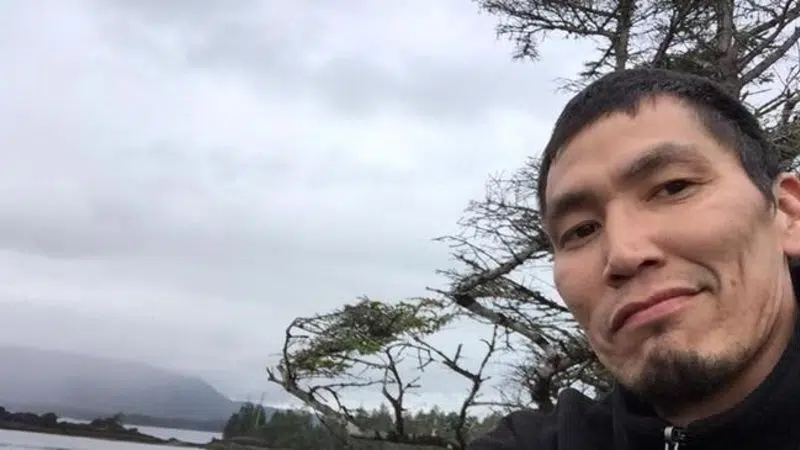
Family continues search for man missing on island in traditional healing journey
The evidence of Travis Damon Thomas’s survival is scarce but his uncle says it’s scattered around a remote island off the coast of Vancouver Island: a circle of footprints, the remains of a sea urchin, a burned log.
Occasionally, the 41-year-old who is listed as a missing person by the RCMP has been spotted.
Thomas was sent to Bartlett Island near Tofino in July as part of an Indigenous tradition to help him heal from addiction and other ailments, said Alfred Dick, his uncle.


